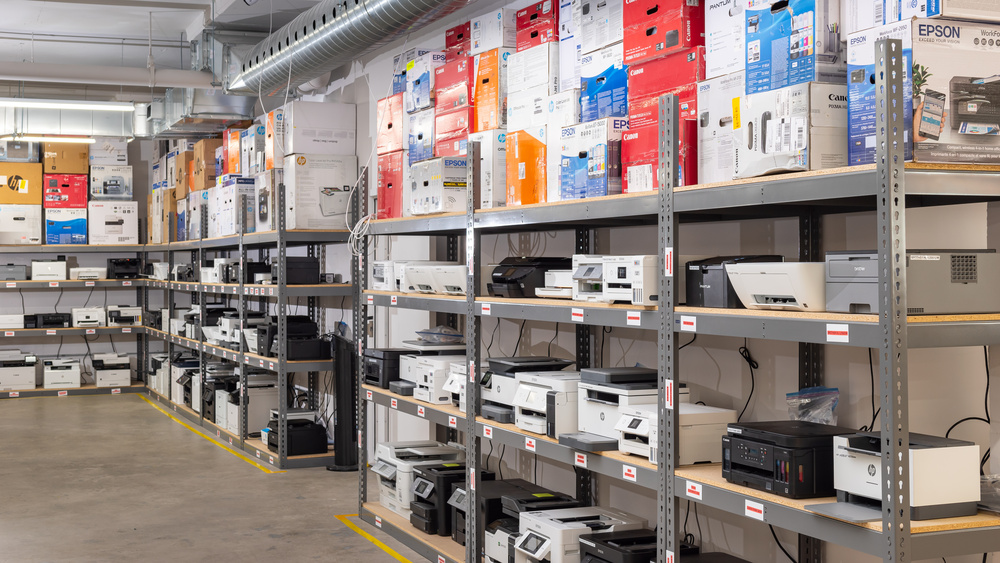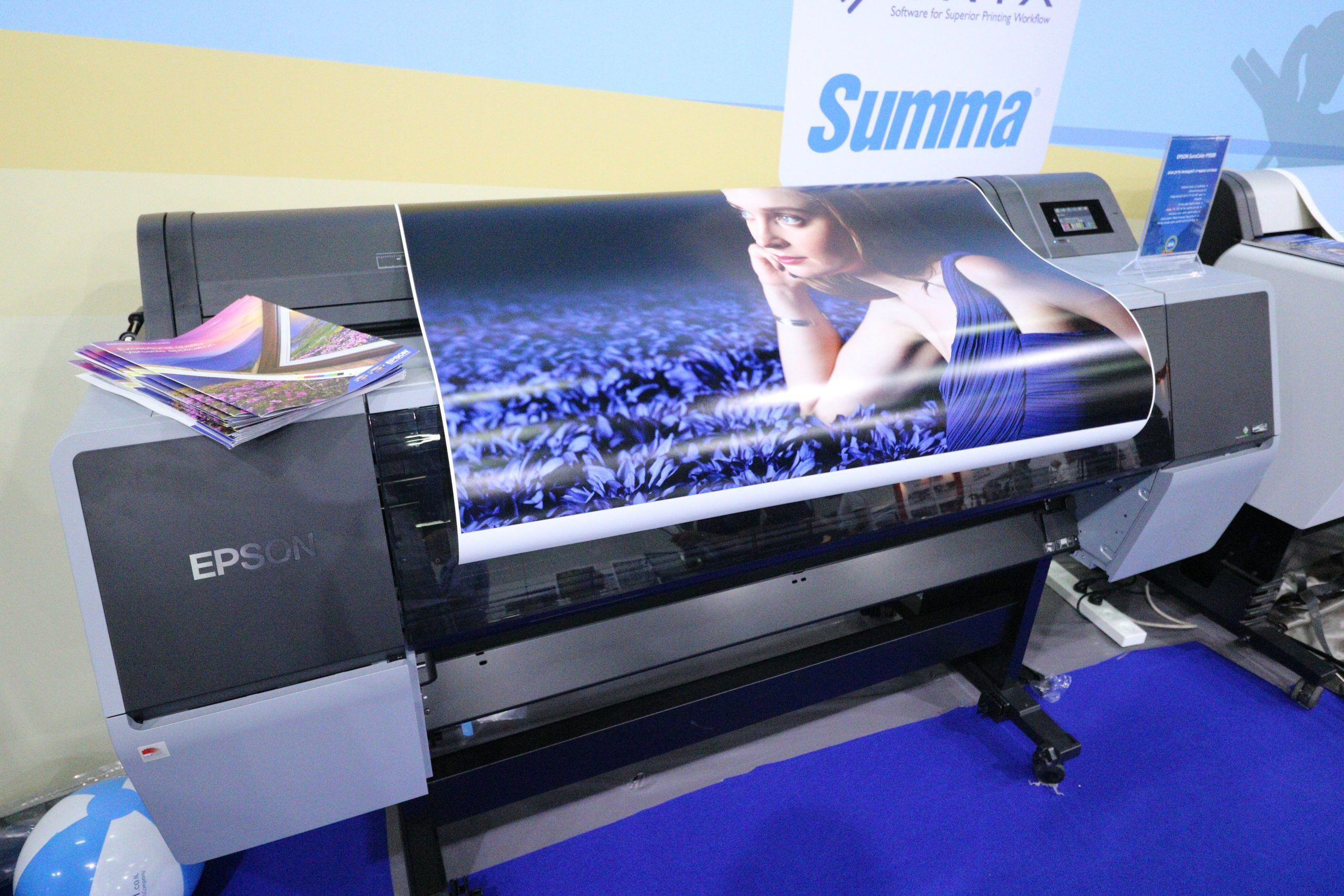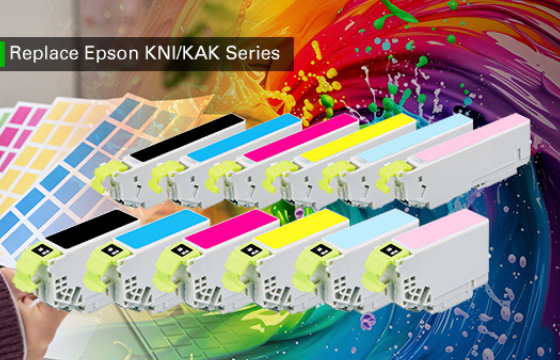Print Data Gap Hinders Corporate Progress To Sustainability
Print Data Gap Hinders Corporate Progress To Sustainability
Cost, lack of clear environmental data, and greenwashing concerns seen as barriers to sustainable print choices.
Quocirca’s Print Sustainability Trends Report 2024 reveals that IT decision-makers expectations of print suppliers are higher than ever as they aim to reduce the environmental footprint of print in their business. Regulatory pressure, stakeholder expectations and the need to increase operational efficiency are the three key factors driving efforts to cut impact.
The study also reveals businesses increasingly link sustainability to commercial performance, with 59% expecting that sustainability will be extremely important to business performance by 2026.
Quocirca’s study, conducted among 560 IT decision-makers from the UK, US, France, and Germany, found that 78% of IT decision-makers now say it is important that their supplier monitors the environmental impact of their print environment, an increase from 65% in 2023 and rising to 86% among C-level executives, indicating the extent of executive focus on this topic. However, respondents also show concern about the transparency and accuracy of the data they receive from print suppliers.
A clear sustainability data gap and concerns about greenwashing

83% of decision-makers say it is important that they get environmental data on the print infrastructure – a figure that rises to 93% among C-level executives. However, the lack of environmental data available on printers and MFPs is cited as the second biggest challenge associated with reducing environmental impact after cost. Concerns about greenwashing have also risen considerably in the past year. Twenty-eight percent of respondents say it is a major challenge of reducing the environmental impact of printing, moving it from sixth place in the list of challenges to third.
Quocirca’s CEO Louella Fernandes comments: “Organisations are exhibiting increasing focus on reducing environmental impact – especially at the most senior level. They want data but don’t feel that it is easily accessible, and they are alert to greenwashing. Vendors therefore have a dual challenge – first to provide the data at the level required, and second to build customer trust that it is evidenced and accurate.”
Energy efficiency, sustainable ink/toner, and device longevity are the top three considerations for assessing product sustainability

Energy efficiency has grown in importance and is the top product selection factor for sustainability, rising from 27% in 2023 to 38% in 2024. Sustainable consumables and device longevity are the joint second most common considerations, important for 33% in each case.
Louella notes: “As customers increasingly focus on environmental reporting requirements, getting accurate information about emissions and impact grows in importance. Technology providers such as print vendors, MPS Providers and channel partners can play a pivotal role in enabling organisations to effectively track and manage their scope 3 emissions.
“Vendors are also demonstrating their commitment to circularity, with several offering product life extension options or longer initial design life. By doing this, vendors contribute to reducing electronic waste and lowering the environmental impact of technology production and disposal”
Despite vendor efforts, interest in refurbished/remanufactured devices remains low

Just 14% of respondents rank remanufactured devices in their top three considerations for reducing print environmental impact. A slightly higher percentage (19%) consider refurbished devices important. Awareness of the availability of these devices is high, with 57% of respondents saying they know their manufacturer offers refurbished devices and 49% aware that they offer remanufactured devices. Together, this indicates that their role in a more sustainable print environment has yet to be realised.
Louella adds: “Vendors are stepping up their remanufacturing and refurbishing programmes, with several manufacturers offering certified “as-new” products back to market. This has yet to influence buyers, however, as interest in such products has stayed consistently low. However, with regulations such as France’s anti-waste law focusing on promoting the circular economy, including refurbished devices, it is an area that we expect to see growing in the short- to medium-term.
“The findings from this year’s Quocirca print Sustainably Trends Study underline the need for more education around print sustainability, with clear and transparent data provision, robust reporting and rigorous monitoring all important to help customers achieve sustainability goals.”
Quocirca’s Sustainability Trends Report 2024 contains recommendations for print buyers and suppliers. It explores how key print vendors’ sustainability efforts are perceived in the market, and contains detailed vendor sustainability profiles.
Please click here to download the complementary executive summary.
Related:
- Quocirca Highlights AI’s Role in Print Industry Sustainability
- Quocirca Reports Needs for MPS Providers to Diversify Products
- Quocirca Reports Rising Concerns over Print Security
- Quocirca: Concerns about the Accelerating Cloud Print Services
- Quocirca: The Future of Document Capture Will be AI-Driven
Comment:
Please leave your comment below about the news: Print Data Gap Hinders Corporate Progress To Sustainability.






Leave a Comment
Want to join the discussion?Feel free to contribute!